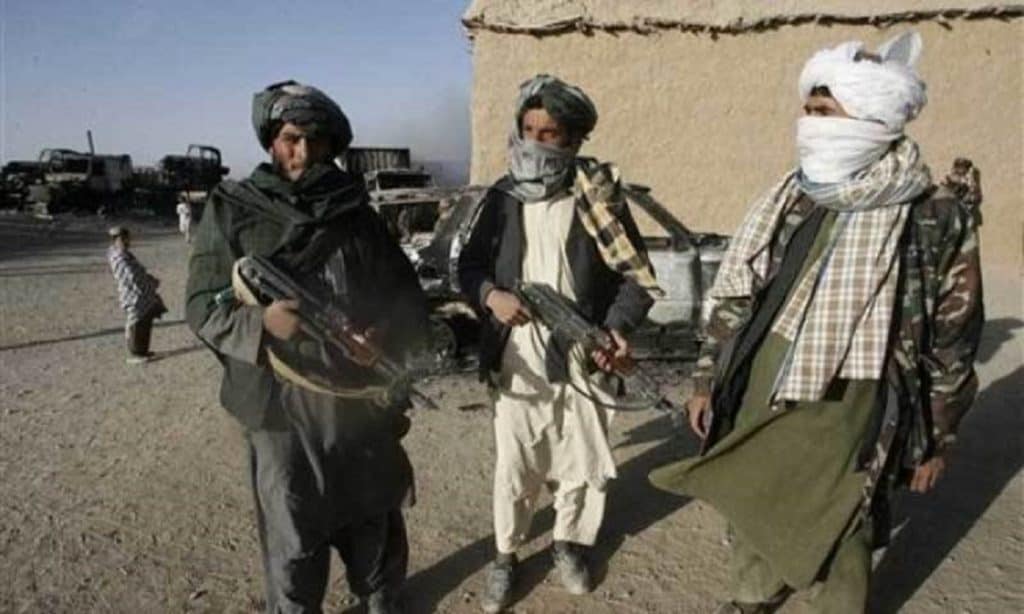By Denis Korkodinov
Iran is ready to secure a negotiation process between the Taliban and the government of Ashraf Ghani in Afghanistan. This became known after a meeting of the head of the Taliban Political Bureau Abdul Gani Baradar with the head of the Iranian Foreign Ministry, Javad Zarif, on November 27, 2019. During the meeting, the parties agreed to develop a program to resolve the Afghan crisis and solve the problem of Afghan migrants arriving in Iran.
After US President Donald Trump announced the severance of dialogue with the Taliban over the terrorist attack in Kabul, Taliban leaders began an independent search for allies in the international arena. For this, the Taliban delegations went to China, Pakistan, Iran and Uzbekistan. However, the most productive meeting was between the deputy head of the Taliban Political Bureau, Abdul Salam Hanafi, and the Iranian leadership in September 2019.
This meeting served as a starting point for Iranian participation in the affairs of Afghanistan. Subsequent meetings only confirmed the agreements reached and were aimed at clarifying the details of the negotiations.
It is worth noting that the relationship between Iran and the Taliban throughout history has experienced ups and downs. So, after the Taliban proclaimed the Islamic Emirate of Afghanistan in 1996, Tehran took an implacable stance towards them, and therefore began to support the Northern Alliance, led by Ahmad Shah Masoud, who led the fight against the Taliban.
The culmination of mutual hostility was the Taliban’s killing of 11 Iranian citizens in Mazar-e-Sharif in August 1998. Realizing that the Taliban began to represent a serious political force in Afghanistan, which must be reckoned with, the ayatollah regime dramatically changed their attitude towards them. In particular, Tehran began to actively support the Taliban, supplying it with weapons, medicines and money. This allowed, to some extent, to protect Iranian interests in Afghanistan and prevent the escalation of the conflict with the Taliban.
Among other things, Tehran has come closer to the Taliban, based on their hate for the US military presence in the region. Tehran, together with the Taliban, is particularly interested in neutralizing the threat posed by the Islamic State, a branch of which arose in the Khorasan province and whose influence extends to areas of Iran, China, Central and Southeast Asia, Pakistan and India.
In this regard, Tehran is forced to consider the Taliban as a regional political force capable of leading the negotiation process in Kabul. In other words, the Ayatollah’s regime proceeds from the view that peace in Afghanistan is impossible without taking into account the views of the Taliban. For this reason, Iran seeks to maintain cooperation with them, at least until the moment when a full-scale negotiation process is organized with the participation of the government of Ashraf Ghani and the United States.
However, this is most likely a temporary alliance, since Tehran is still ideologically opposed to the Taliban and does not share their desire to revive the Islamic emirate. But while the USA is actively positioning itself in Afghanistan and ISIS is maintaining its position there, Iran and the Taliban will cooperate.
(The opinions expressed in this article are solely those of the author and do not necessarily reflect the views of World Geostrategic Insights)







